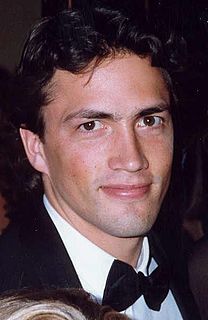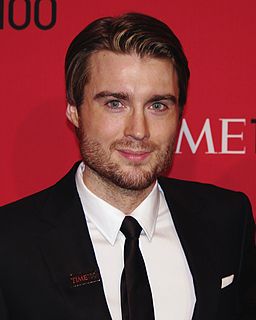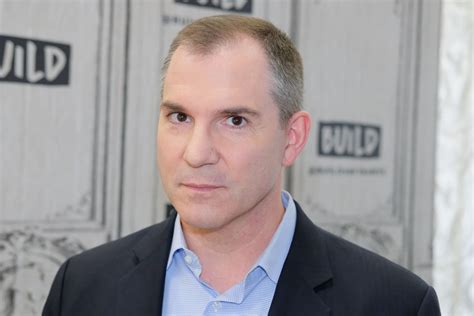A Quote by Andrew Shue
I can pretty much call anyone, whether at the White House, in a company or in the media. I have access, because of the silliness of the entertainment world and how people react to it. It gave me an enormous opportunity to do anything I really want to.
Related Quotes
The frustration of our [The Daily] show is- very much outside any parameters of the media or the government. We don't have access to these people, we don't have access. We don't go to dinners we don't have cocktail parties. We don't you know, you've seen what happens when one of us ends up at the White House Correspondents' Dinner, it doesn't end well.
I love Osho. I don't know if you would call him a philosopher; I would just call him a really cool dude. Osho really changed my life. Because the way that he spoke about emotion and the male and female energies in the world and how people react to the world around them, it's so simple, yet it has such a depth.
I definitely feel like there's a lot of terrible things on the Internet, obviously. You can really pretty much find anything on there. It's pretty awful. And the crazy thing is that we don't even access that much of it - it's like the dark web or whatever. It's the other Internet that we don't even access.
As a twelve-year-old girl, I thought that I was only pretty if the people on social media told me that I was pretty - and they weren't telling me I was pretty. So I didn't think I was pretty, and I was really down on myself, and I really was sad with myself. But social media doesn't give you validation or make you pretty. You make you pretty.
What's really going on here is, this is a media shift. It's comparable to what happened in the 1950s and the birth of electronic mass media back then.This is the birth of a new kind of personal media, where, instead of we're all watching one program, we're all watching each other. And the history of media makes it really clear. Whenever we have a big innovation, the first wave of stuff we do is pretty crummy. The printing press gave us pornography, cheap thrillers, and how-to books. Television gave us Newt Minow's vast wasteland.
Thinking about free speech brought me to media regulation, as Americans access so much of their political and cultural speech through mass media. That led me to work on the FCC's media ownership rules beginning in 2005 to fight media consolidation, working with those at Georgetown's IPR, Media Access Project, Free Press, and others.
I think with Donald Trump we're seeing the sort of utterly vanished line at long last of enter - between entertainment and politics. I mean there's always been an enormous dose of entertainment in politics. Trump has completely erased that line but the Trump phenomenon when it comes to where the media's culpability is how much we should be beating ourselves up, that's a complicated question because one of the distinctive features of our era is we know exactly what consumers are doing almost in real time.




































